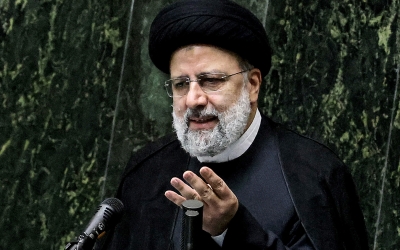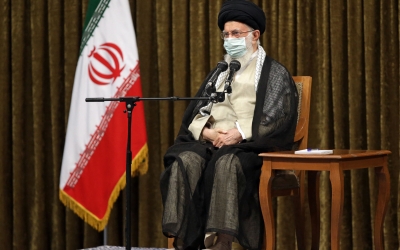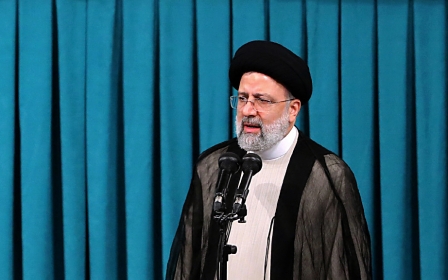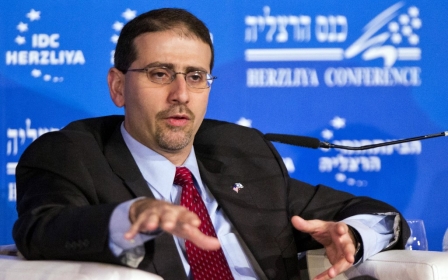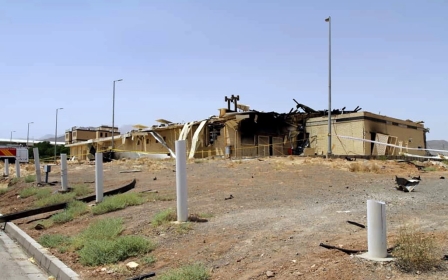Iran's new government says nuclear talks might not resume for months
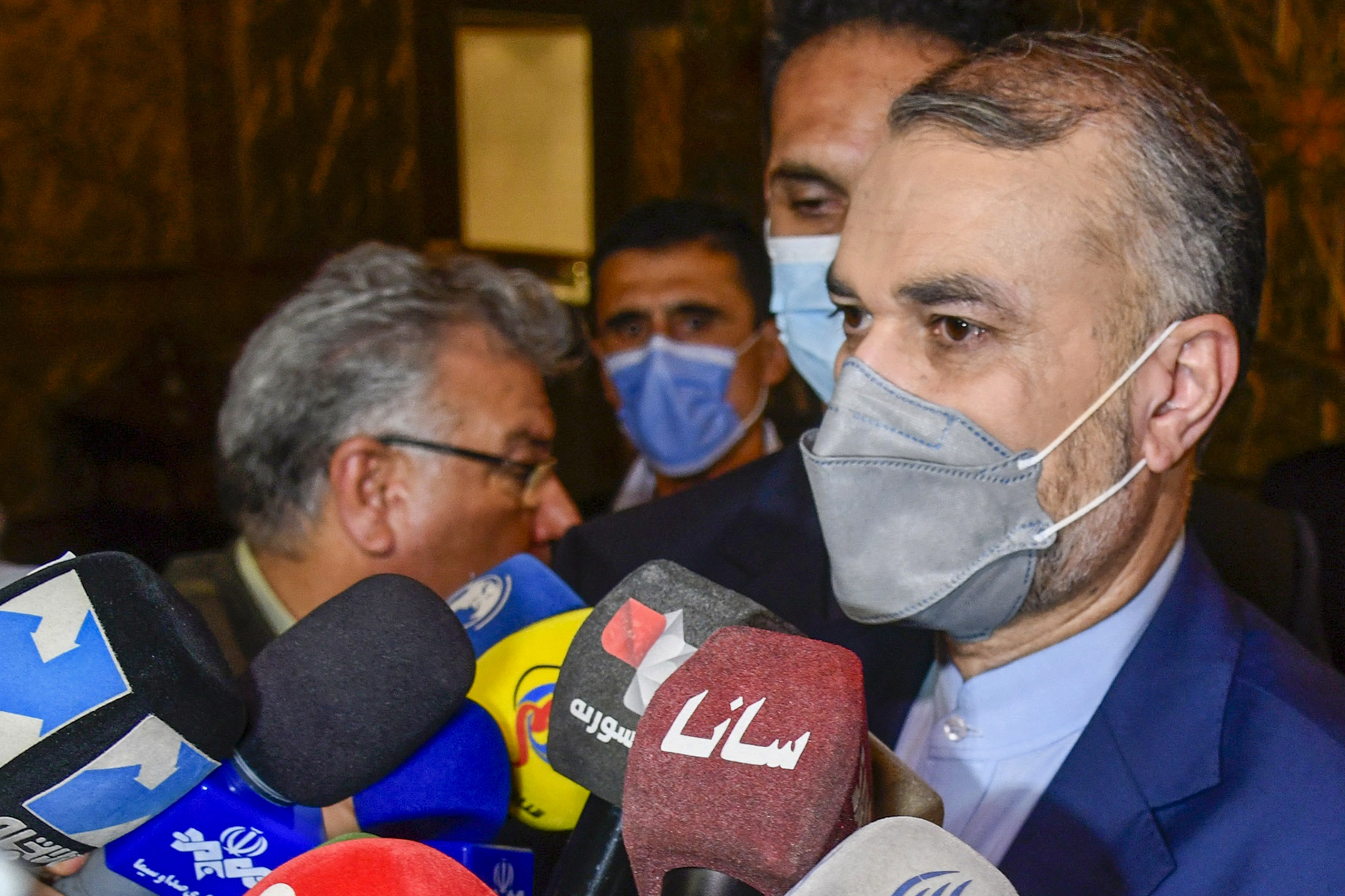
France and Germany are pressing Iran to return to nuclear negotiations “immediately”, after the country’s new top diplomat said that stalled talks might not resume for another two to three months.
Steered by the European Union, the nuclear talks began in April and seek to bring the US back into a deal agreed in 2015. Former US President Donald Trump abandoned the accord in 2018 and began imposing tough sanctions on Iran.
New MEE newsletter: Jerusalem Dispatch
Sign up to get the latest insights and analysis on Israel-Palestine, alongside Turkey Unpacked and other MEE newsletters
Negotiations were adjourned on 20 June, two days after ultraconservative Ebrahim Raisi won Iran's presidential election, and no date has been set for a resumption of dialogue.
"We are not seeking to flee the negotiation table and the... government considers a real negotiation is a negotiation that produces palpable results allowing the rights of the Iranian nation to be guaranteed," Foreign Minister Hossein Amir-Abdollahian said during an interview broadcast on Tuesday evening by state television.
The Vienna talks are "one of the questions on the foreign policy and government agenda", he said.
But "the other party knows full well that a process of two to three months is required for the new government to establish itself and to start taking decisions.”
Nuclear work sparks concerns
France and Germany on Wednesday urged Iran to return rapidly to nuclear negotiations, with Paris demanding an "immediate" restart amid Western concerns over Tehran's expanding atomic work.
France's foreign minister, Jean-Yves Le Drian, told his newly-appointed Iranian counterpart in a telephone call it was urgent for Tehran to return to the talks, Le Drian's ministry said in a statement.
"The minister underlined the importance and the urgency of an immediate resumption of negotiations," the foreign ministry said after the conversation between Le Drian and Amir-Abdollahian.
Le Drian repeated his concern with regard to all the nuclear activities carried out by Iran in violation of the 2015 nuclear deal with world powers. Iran has gradually exceeded the limits in the agreement since Washington abandoned it in 2018.
Germany also raised pressure on Tehran after a report said that Iran had accelerated its enrichment of uranium to near weapons grade.
"We vehemently ask Iran to return to the negotiating table constructively and as soon as possible," a ministry spokesperson told a briefing.
"We are ready to do so, but the time window won't be open indefinitely."
Last month, France, Germany and Britain voiced grave concern about reports from the UN nuclear watchdog confirming Iran has produced uranium metal enriched up to 20 percent fissile purity for the first time and lifted production capacity of uranium enriched to 60 percent.
Iran denies seeking nuclear weapons.
Raisi’s ‘harder line’
The 2015 deal offered Iran an easing of western and UN sanctions in return for tight controls on its nuclear programme, monitored by the UN.
In retaliation for Trump's withdrawal three years ago and his subsequent imposition of swingeing sanctions, Iran in effect abandoned most of its commitments under the deal.
But Trump's successor President Joe Biden wants to bring Washington back into the agreement.
The talks in Vienna involve Iran and the five other remaining parties to the deal - Britain, China, France, Germany and Russia.
The United States also takes part in the talks but it has no direct contact with Iran.
Raisi became president in early August, taking over from moderate Hassan Rouhani, the principal architect on the Iranian side of the 2015 agreement.
Raisi's government was sworn in on 26 August after receiving parliamentary approval.
Earlier in July, two senior Iranian officials told Reuters that Raisi planned to adopt “a harder line” in the talks.
Middle East Eye delivers independent and unrivalled coverage and analysis of the Middle East, North Africa and beyond. To learn more about republishing this content and the associated fees, please fill out this form. More about MEE can be found here.


